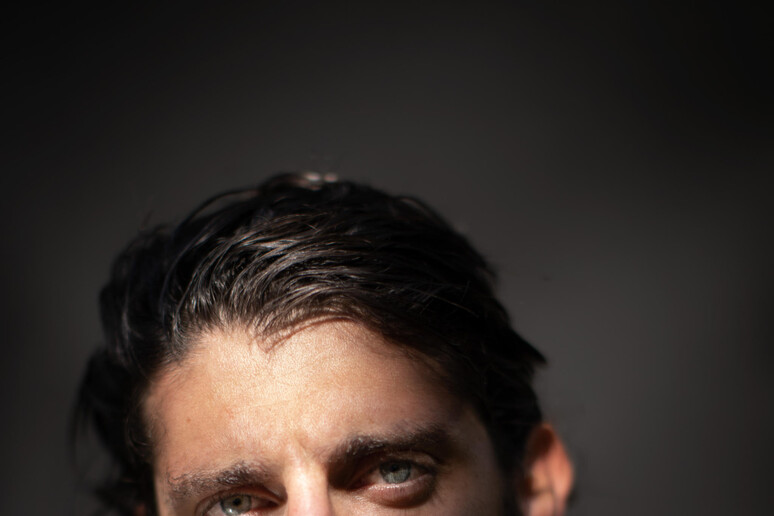Enea, the protagonist of the eponymous
film competing in Venice for Pietro Castellitto, shows a lust
for life, the 31-year-old Roman director said ahead of its world
premiere on Tuesday.
"'Enea' is a film on the desire to feel alive, the need that is
behind all of Enea's choices is to feel the movement of life
inside him," said the son of acclaimed actor and director Sergio
Castellitto and award-winning writer Margaret Mazzantini, who
won Venice's best screenplay for is directorial debut, The
Predators, at Venice three years ago.
"And if perhaps the restaurants, the sporting club, and the
places he frequents may seem elitist, his vitality is not, it is
incorruptible".
The synopsis on the fest's website says:
Enea, Aeneas, pursues the myth that his name bears. He does it
to feel alive in a dead and decadent age. He does it in the
company of Valentino, a newly christened aviator. Together with
the drug dealing and the parties, the two boys share their
youth. Lifelong friends, victims and perpetrators of a corrupt
world, but moved by an incorruptible vitality. Beyond the
boundaries of the rules, on the other side of morality, there's
an ocean of humanity and symbols to discover. Enea and Valentino
will soar over it to the furthest extremes. But the drugs and
the underworld are the invisible shadow of a story that speaks
of something else: a melancholy father, a brother who has
conflicts at school, a mother defeated by love and a beautiful
girl, a happy ending and a happy death, a palm tree falling on a
world made of glass. It is between the cracks of everyday life
that Enea and Valentino's adventure gradually finds reprieve. An
adventure that may seem criminal to others, but which for them
is, and will be first and foremost, an adventure of friendship
and love.
Castellitto is quoted as saying:
"Enea is a gangster movie without the gangster parts. A genre
story without a genre. The criminal element runs silently on a
hidden track and suddenly creeps into the cracks of everyday
relationships, overwhelming the unsuspecting protagonists. The
idea was to create a narrative in which the point of view of the
spectator corresponds to the perspective of those who endure
drug trafficking: at one point you can suddenly win, then you
can suddenly die, and no one will ever know why. The
protagonists are moved by the mystery of youth. They do what
they do neither for money nor for power. But perhaps for
vitality, to put their hearts to the test, to figure to what
extent they can feel alive today, at the dawn of this new
millennium saturated with wars that are only told and attacks
that are only seen."
ALL RIGHTS RESERVED © Copyright ANSA











